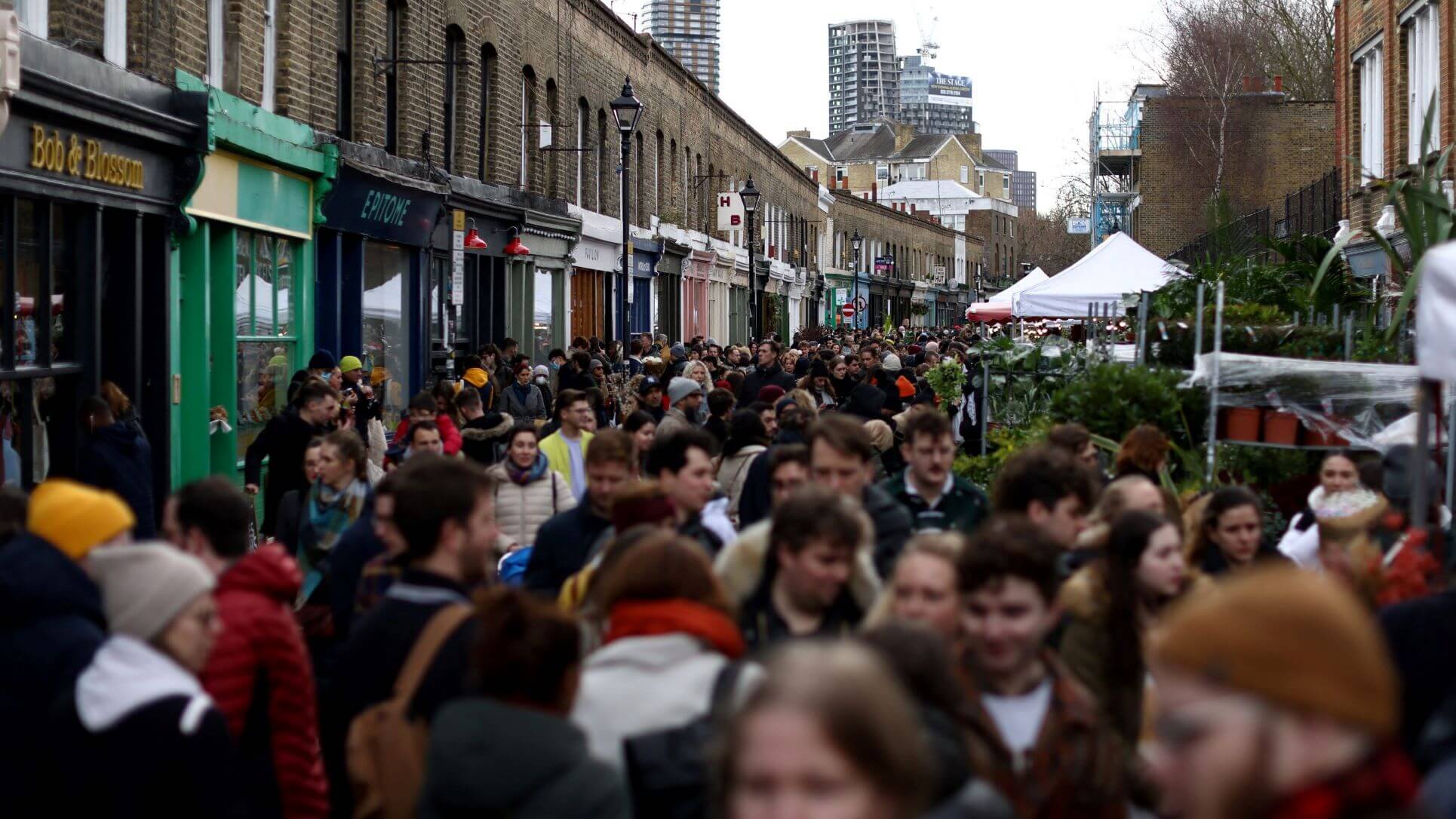UK Private Sector Grows At Fastest Rate In 8 Months -PMI
But business costs are rising fast too.

Activity in Britain's private sector picked up at the fastest pace since June 2021 this month, as spending on travel, leisure and entertainment rose after an easing in the Omicron wave of coronavirus cases, a survey showed on Monday.
However, businesses' costs rose at the second-fastest rate since the IHS Markit/CIPS composite Purchasing Managers' Index (PMI) began in 1998, which will add to the Bank of England's (BoE) concerns about the persistence of soaring inflation.
The composite PMI's headline output index rose to 60.2 in February from 54.2 in January, its highest in eight months and above all forecasts in a Reuters poll of economists.
The index sank to an 10-month low of 53.6 in December when Britons were advised to work from home due to Omicron and many chose to cut back on socialising in the run-up to Christmas.
February's rise was driven by an increase in the flash services PMI to 60.8 from 54.1 in January, while the manufacturing PMI was unchanged at 57.3.
"Private-sector companies reported another steep increase in incoming new work in February," IHS Markit said. "Stronger client demand was widely linked to improving confidence about the UK economic outlook and roll back of pandemic restrictions."
Britain's economy had just returned to its pre-pandemic size before it was hit by the Omicron variant in December.
The BoE expects the economy to recover its size at the end of 2019 by March.
But it sees headwinds to further growth from a squeeze on household living standards as inflation is on course to hit a 30-year high of more than 7% in April when regulated energy prices rise.
Monday's PMI showed the composite input cost index rose to 81.8 from 80.2 - the second highest reading on record after November's 83.2. Higher wages, energy bills and raw material costs all contributed to rising operating expenses.
Hiring rose at the fastest rate since October. Tightness in the labour market, where there is a record number of job vacancies, is one of the main reasons why the BoE fears that high inflation could be slow to dissipate.
The central bank has raised rates twice since December, and financial markets expect a further increase from 0.5% to 0.75% or even 1% on March 17 after the BoE's next meeting.
(Reporting by David Milliken; Editing by William Schomberg and Toby Chopra)
Thanks for signing up to Minutehack alerts.
Brilliant editorials heading your way soon.
Okay, Thanks!

